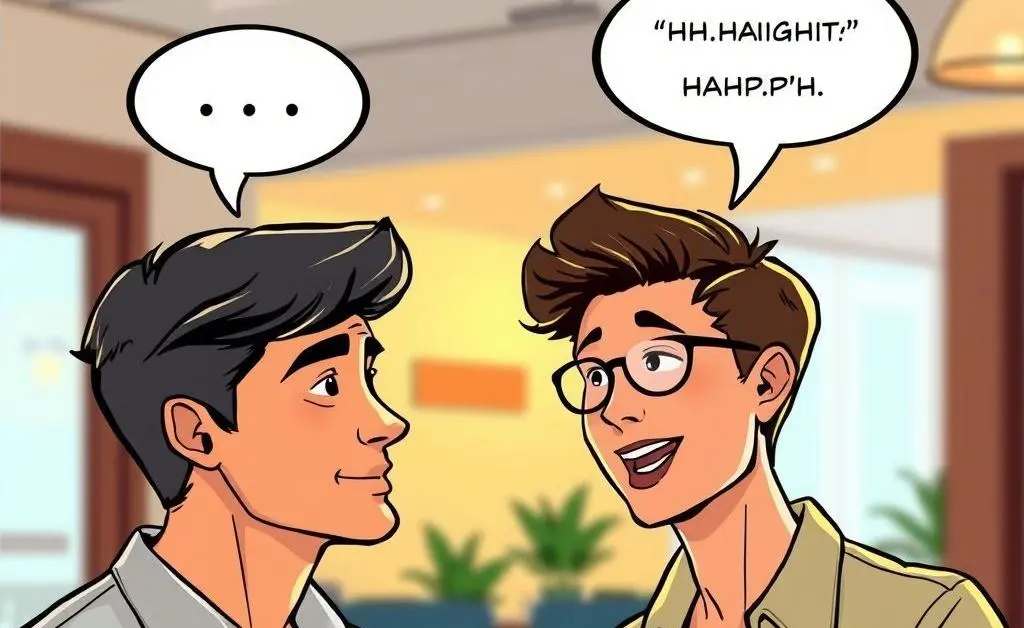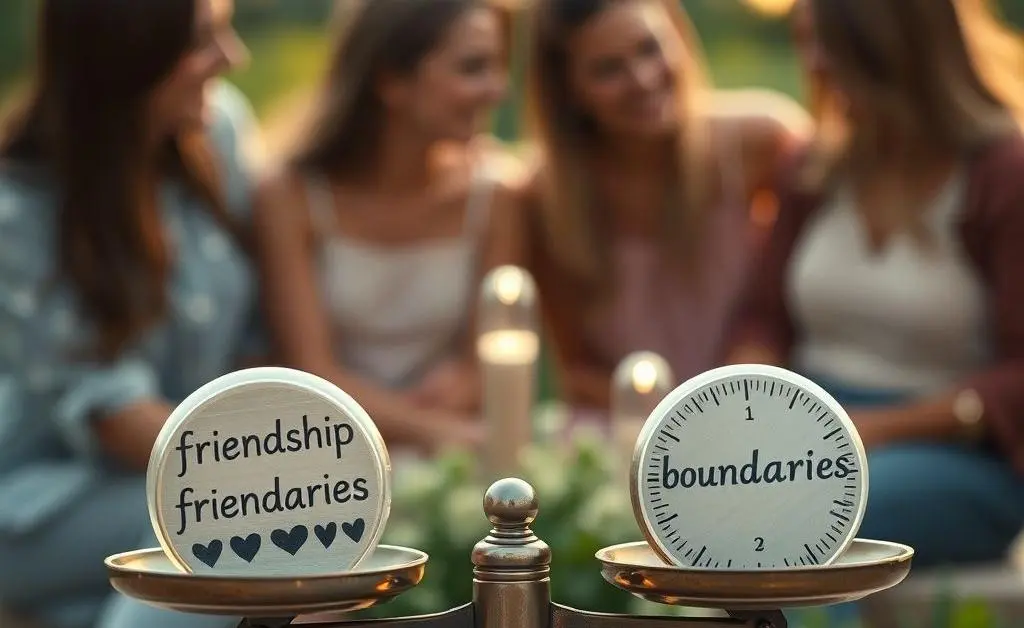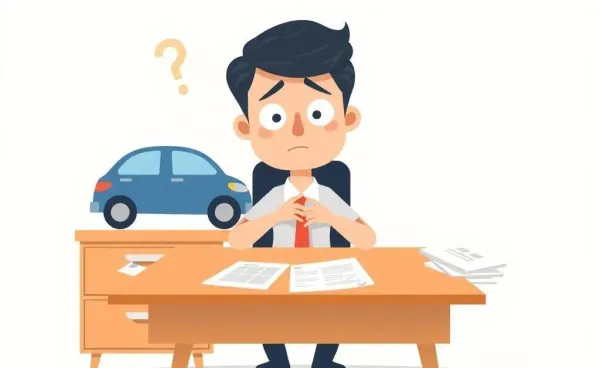How to Handle Conflict with Your Best Friend: A Practical Guide
Navigate friendship conflicts with understanding and empathy using these practical tips.

We’ve all been there: feeling upset with a best friend but unsure how to address it without causing more hurt. These situations can often leave us tangled in a web of emotions. Today, I want to share some practical ways to navigate these tricky waters, combining the wisdom of personal experience with what I’ve learned through research on harmonious relationships.
Understanding the Core Issue
It’s easy to initially feel overwhelmed by frustration. But it’s essential to pause and ask yourself, why exactly you're upset? Is it something your friend did or didn't do, or might it be a miscommunication? Understanding the root of your feelings is the first step in resolving any conflict.

The Role of Empathy
At the core of resolving any disagreement is empathy. Try placing yourself in your friend’s shoes. What might have motivated their actions? This doesn’t mean excusing behavior, but rather understanding the context. Empathy builds a bridge of understanding: a crucial element when tensions rise.
Communicate Openly But Kindly
Healthy communication is the lifeline of any relationship. If something's bothering you, talk about it! But remember, how you say something matters just as much as what you say. Use “I” statements instead of “You” statements. For instance, say "I felt hurt when..." instead of "You hurt me by..."

Setting Boundaries
Sometimes, establishing boundaries can prevent future conflict. Think of boundaries as an expression of needs. It’s entirely fair to expect mutual respect and understanding, and sharing these needs can lead to a more balanced relationship.

Know When to Let Go
Sometimes, despite our best efforts, friendships change. It’s okay to let relationships evolve or come to an end if they’re no longer serving you. That’s just part of life. The key is to reflect on what you’ve learned from each other and cherish the good moments you’ve shared.
A Gentle Conclusion
Friendship, like any other relationship, requires work. By addressing conflicts with empathy, open communication, and respect, we can sustain these essential connections. If you’ve ever faced a similar challenge, I’d love to hear how you approached it. How did you tackle the inevitable conflicts? Leave a comment and let us share a few more warm tips.




